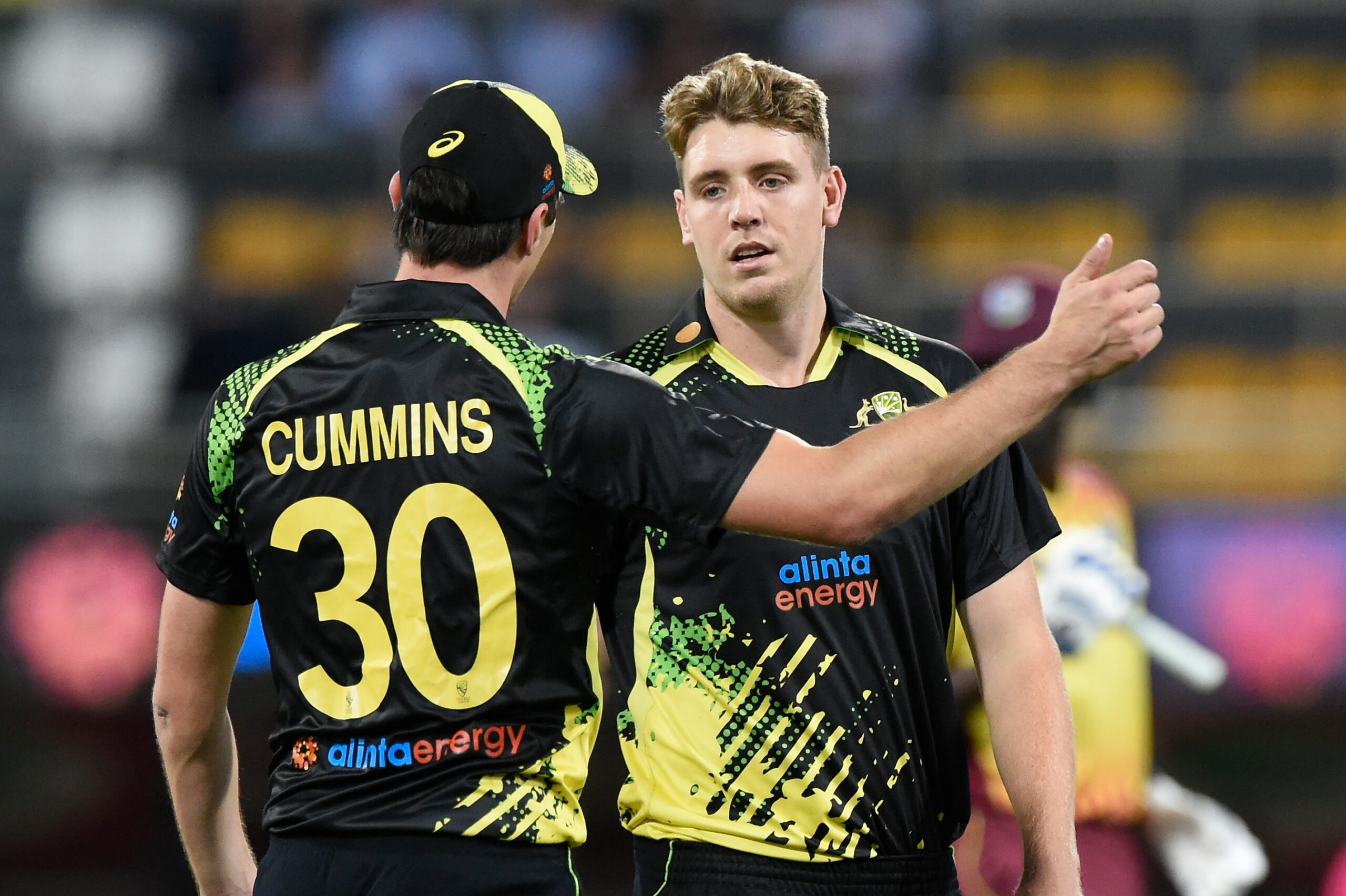

Just 12 months ago, Australia were lifting the T20 World Cup trophy for the first time after taking out the tournament in the United Arab Emirates.
In conditions which could hardly be said to suit the Aussies, they had conquered a tournament which, unlike the rest of world cricket, had for so long been out of reach.
Aaron Finch's side played an aggressive brand of cricket from start to finish, and looked every bit the world champions as they blasted their way past regional adversaries New Zealand in the final.
Fast forward 12 months, and it would be those same regional rivals - the old Trans-Tasman battle - who would start the rot that Australia simply haven't been able to get out of as they hosted the World Cup in the shortest format for the first time.
While Australia have always been competitive when it comes to Test cricket and ODI cricket, winning multiple World Cups in the 50-over format, and often being the world's most dominant Test team, T20 cricket just hasn't caught on at the same rate in the land down under.
That's hardly an excuse though, and when the Aussies were blasted around the Sydney Cricket Ground by a New Zealand side who were looking to avenge that harrowing grand final defeat, the tournament got off on a terrible start for the hosts.
No team has ever successfully defended the T20 World Cup in seven editions, but there was a real feeling leading into the tournament that Australia could be the first.
That feeling waned a little in their warm-up games, but despite the mixed results against India away from home, and the West Indies and England at home, the selectors stuck with the same formula that just didn't seem to be working, believing the luck would ultimately turn.
The problem is of course that Australian grounds aren't the same as those in the United Arab Emirates, and a batting lineup with plenty of boundary hitters but without those able to rotate the strike, and a bowling attack relying on sheer pace, can often leave you looking a little worse for wear in the T20 World Cup.
The selectors still haven't quite realised it, only playing Steve Smith against Afghanistan on Friday night in Adelaide thanks to multiple injuries in the squad. Cameron Green made his way into the side as well for the injured Aaron Finch, and while both failed, it's hard to throw any blame at either of the duo given they have been sitting on the sidelines without any match practice for the best part of a fortnight since that horror 89-run loss to the Black Caps in Sydney.
Kane Richardson too was brought into the side in a surprise switch with Mitchell Starc, but was comfortably the worst of the bowlers, going for plenty of runs as Rashid Khan made a late surge to try and get Afghanistan over the finish line in what would have been a famous win for the nation.
One that Khan would have loved too on his Big Bash League home ground.
But letting Afghanistan get so close, combined with the three changes for players who haven't seen the inside of a live cricket field for two weeks summed up the entire tournament and the way it has been played for Australia.
The four-run win has likely left the tournament hosts out of the semi-finals, and they will now be relying on Sri Lanka to knock over England tomorrow to go through to the semi-finals.
But the truth of the matter is, Australia have played poor cricket from start to finish and don't deserve to play semi-final cricket this year, as they did 12 months ago in the United Arab Emirates.
It was only rain - causing an English loss to Ireland and a New Zealand no result against Afghanistan - which realistically kept the Aussies in the fight.
Those results meant it was all likely to come down to net run rate, but Australia never stepped on the pedal. After the negative loss to New Zealand, which was filled with poor batting when the game was gone where improving the situation as much as possible from a net run rate position should have been the key, Finch struggled in Perth against Sri Lanka.
His innings at a strike rate of less than 100 was somewhat made up for by Marcus Stoinis going ballistic, but the Aussies still lost valuable net run rate.
Then there was the disaster in Brisbane.
No, they didn't lose to Ireland, but they did find themselves going from a position of having the Irish sitting at 5 for 35 to having Ireland get to triple figures.
It was a pair of results that were wins and, in isolation, wouldn't look so bad, but when improving net run rate was so imperative after the New Zealand clash, they stand out like a sore thumb.
Afghanistan's fight to move to within just four runs of Australia in Adelaide last night sum up the tournament.
Australia simply don't deserve to play in the semi-finals, and have no one to blame but themselves if England do qualify with a win over Sri Lanka.







